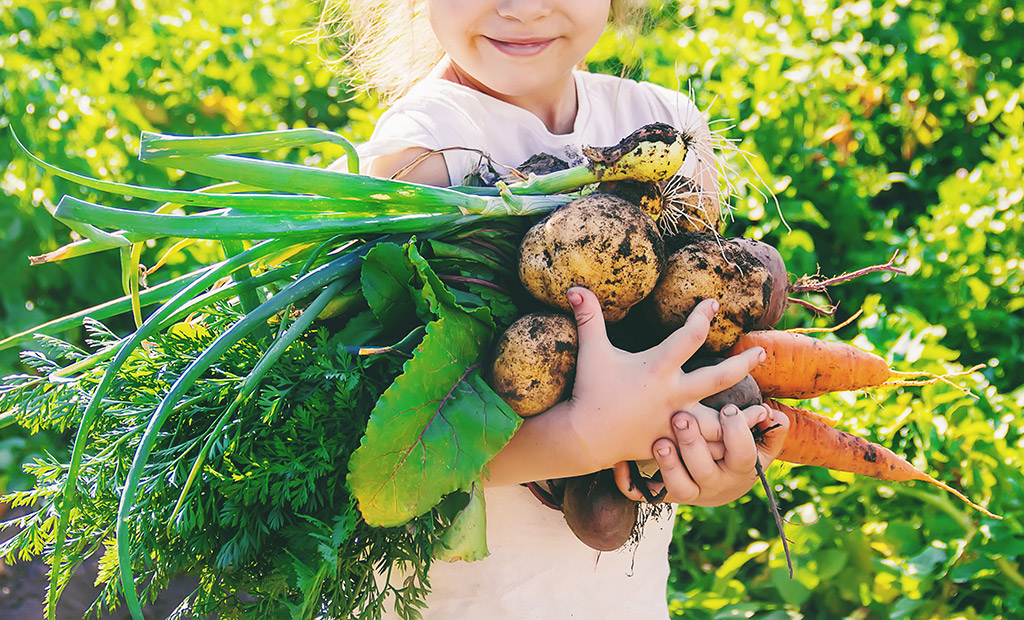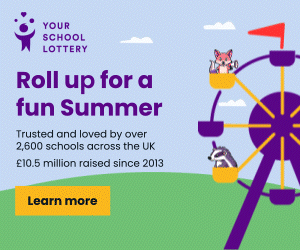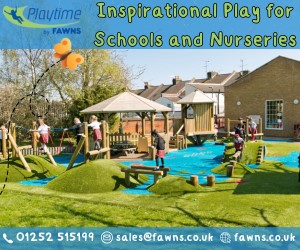Sponsored litter pick
Sponsored events are a great way to get pupils active. A sponsored litter pick will get children out walking in the fresh air and help them learn about social responsibility and the harmful effects of litter on habitats and eco-systems.
A litter pick is sure to be popular with sponsors, as pupils will be helping to tidy up the local area. Pickers can be sponsored either for how much time they spend picking or the quantity they collect.
On the day, brief litter-pickers on safety and responsibility and send them out with hi-vis jackets, gloves, bags and litter-pick sticks, if you have them (your local council may be able to help with equipment).
Be sure to have hand-washing facilities and refreshments waiting on their return. Afterwards, promote how much rubbish has been picked in total and how much has been raised. You might want to go the extra mile by separating landfill and recycling.
Harvest festival
Encourage little green fingers by running a harvest festival. In the run-up to the event, give children sunflower seeds for a growing competition and ask people to prepare homegrown fruit, veg or flowers to bring in. On the day, ask the headteacher or a prominent local person to judge the competitions. Try to use broad categories, such as ‘longest vegetable’, ‘sweetest fruit’ or ‘pinkest flower’ to encourage as many people to enter as possible.
Invite attendees to bring home-made dishes or request donations of homegrown and locally grown ingredients and make food to sell. If you have a school garden, use produce from there too.
Run a farmers’ market alongside your festival and sell stall spaces to families and local people, who can then sell their own produce and home-made items. You may also want to have external stallholders – investigate your town market for ideas. A farmers’ market can be run at any time of the year.
Second-hand sale
Second-hand sales are a great opportunity to re-home pre-loved items while giving visitors a unique shopping experience. Regular second-hand sales will encourage people to stop buying everything new and prevent old items from going to landfill. Your school is the perfect location for a second-hand clothing sale as children often grow out of clothes when they still have plenty of wear left in them. To make more of your sale, open it up to local people or run the event with another local school. Hold it in a large space such as your school or village hall. Take advantage of the seasons by collecting fancy dress clothes before World Book Day and festive jumpers in the run-up to Christmas.
Virtual balloon race
Balloon races are a popular fundraiser for PTAs, but balloons can cause harm to the environment. They can scatter miles apart and litter a wide area of land, causing damage to animals and wildlife. Even ‘biodegradable’ balloons take years to decompose, meaning one spectacular moment has a huge impact. Instead, consider setting up a virtual balloon race with Ecoracing as a fun alternative. The website uses real weather data and geographical positions to simulate what flight path your virtual balloon takes. Balloon sponsors can even decorate and alter their balloon as many times as they like prior to launch.
‘We harvest and sell our school honey!’
‘In 2009, beekeeper and school mum Sandra was looking for somewhere to move her beehives. Our headteacher at the time was incredibly supportive because she knew how fundamental bees are to our children’s future. We’ve had two more headteachers since then, who were both incredibly supportive of this project, and we now have five happy, healthy hives at school.
The school apiary is located at the end of the field, where the children can see the ‘Burhill Bees’. Last year, one of our beekeepers met with each of the reception classes to share her knowledge of bees, including their hives, life-cycle and importance to the environment. Wearing bee suits, small groups were then able to look into a hive and handle frames. This year we will do the same with Year 2 pupils.
We have two volunteer beekeepers who look after the hives and the apiary all year round, and we also have a wider team of excellent and enthusiastic volunteers who plant and maintain bee-friendly plants. Happy, healthy bees make the best honey!
Last year we extracted around 137lbs, which will make around 60lbs of saleable honey. We sell 8oz jars for £4 and 12oz jars for £6, and all money made goes back to the bees through purchasing bee suits, gardening tools and specialist equipment. We sell the honey through our school office and at a local delicatessen. Burhill pupils help design special labels for our honey, making it even more individual to us.’
Charlotte O’Farrell, Friends of Burhill Primary School member, Hersham, Surrey (616 pupils)
‘Our farmers’ market raised £680’
‘To celebrate the abundance of locally grown food and lovely crafts in our area, we decided to hold a farmers’ market in the community centre in Morwenstow. The centre offers free parking and also has a play park. We charged £10 per stall and admission was free. The market attracted a large selection of food stalls selling items such as eggs, jams, vegetables, honey and sausages. We also had craftspeople and artists selling knitted products, paintings and macramé, to name but a few.
We did most of the setting up the day before and needed nine volunteers to help on the day. Some of the booked stallholders weren’t able to attend at the last minute, but others, who hadn’t booked, arrived asking for space and we managed to fit everyone in. We were open for four hours, and everyone pitched in at the end to help clear up.
Alongside the stalls, the PTA ran games, face-painting, a tombola and a raffle. We also sold home-made cakes and scones. We raised £680 after costs.’
Steve Brookes, PTA Chair, St Mark’s CofE Primary School, Bude, Cornwall (95 pupils)
Involve pupils
A pupil eco-council is an excellent way for children to inspire the whole school to go green. Invite pupils to sign up and ask teachers if they can pinpoint any budding environmentalists. Members of the council can suggest green ideas and initiatives, help run eco-events and encourage their friends and parents to join in.




.gif)




